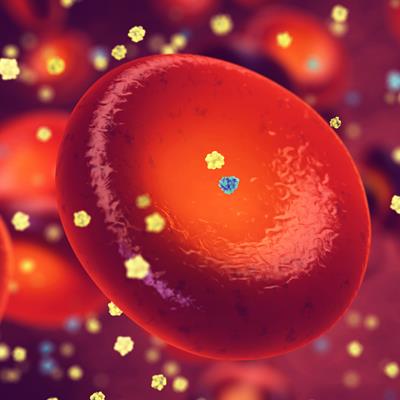August 30, 2022 -- Researchers led by Columbia University have investigated the effects of the Western-style high-fat, high-sugar diet on mice and found that while diet matters, an optimal microbiome is equally important for the prevention of metabolic syndrome, diabetes, and obesity.
In particular, the research team discovered that sugar was the culprit for the microbiome changes that led to a reduction in filamentous bacteria -- common in the gut microbiota of rodents, fish, and chickens -- which reduced the number of Th17 immune cells in the gut that are necessary to prevent metabolic disease, diabetes, and weight gain.
"Sugar eliminates the filamentous bacteria, and the protective Th17 cells disappear as a consequence," corresponding author Ivaylo Ivanov, PhD, associate professor of microbiology and immunology at Columbia University Vagelos College of Physicians and Surgeons, said in a statement. "When we fed mice a sugar-free, high-fat diet, they retain the intestinal Th17 cells and were completely protected from developing obesity and prediabetes, even though they ate the same number of calories."
However, eliminating sugar did not help all mice, specifically those lacking any filamentous bacteria to begin with who became obese and developed diabetes despite the elimination of sugar.
"This suggests that some popular dietary interventions, such as minimizing sugars, may only work in people who have certain bacterial populations within their microbiota," Ivanov said. "For optimal health, it is important not only to modify your diet but also improve your microbiome or intestinal immune system, for example, by increasing Th17 cell-inducing bacteria."
Providing Th17 cells to the mice provided protection and may also be therapeutic for people, according to Ivanov. While humans do not have the same filamentous bacteria as mice, he contends that other bacteria in people may have the same protective effects.
Copyright © 2022 scienceboard.net








